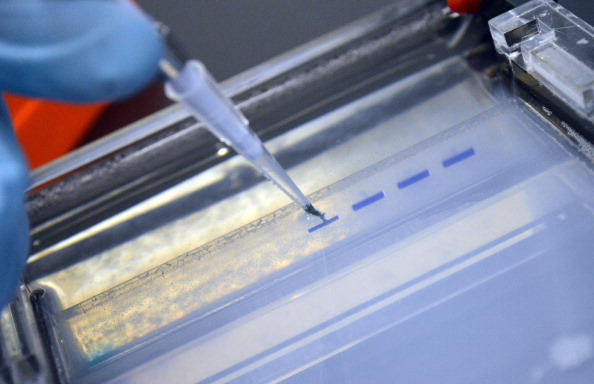
A new research points out another benefit of gene therapy, this time for patients with prostate cancer.
The study conducted by Houston Methodist Hospital shows that if certain genes are introduced into the cancer cells, they become more detectable by the immune system, which means the body therefore can already attack the diseased cells.
A body has its own set of defense called the immune system. Its job is to prevent the entry of any pathogen as well as to kill off anything it's perceived as a threat. The problem with cancer cells is that they are not easily detected since they are mutations of healthy cells.
For the study, the researchers modified a gene, which is then delivered into the tumor cells using a virus vector, or a virus is implanted with the gene. Once the virus has penetrated the cells, the gene is also "embedded" and modifies these cells, causing them to self-destruct and become recognizable by the body's immune system.
The technique was then tested on two groups of more than 60 patients with prostate cancer, with one group having a more aggressive type. Both of them posed over 90% survival rate after five years with an improvement of at least 5% compared to other treatment studies. In the advanced stages, the five-year survival rate is around 28%. The researchers also found out that both of the groups didn't have any positive cancer biopsy at least within two years after the end of the trial. The method was used with radiation therapy.
The study is still in its infancy, and the researchers believe they have to carry out more tests to measure its effectiveness before it can be used as another form of treatment. These include determining whether it will be just as effective without radiotherapy.
Prostate cancer is currently the second leading cause of death after lung cancer, especially for those 65 years old and above.
